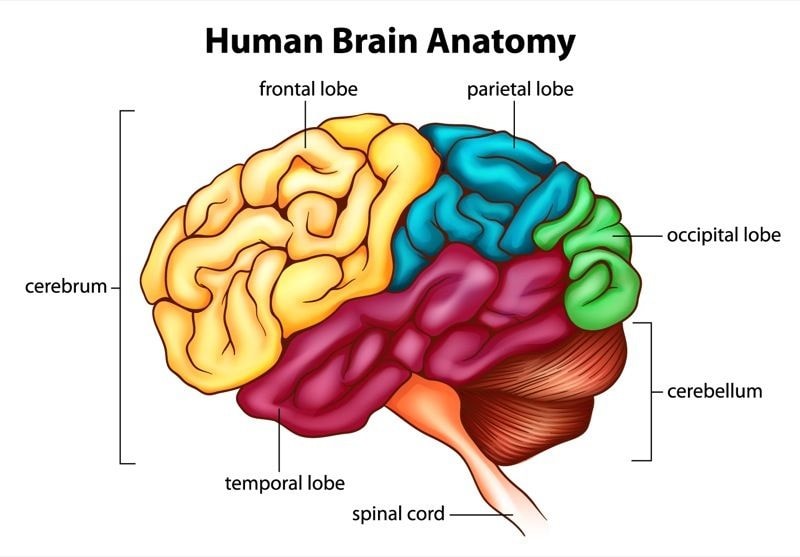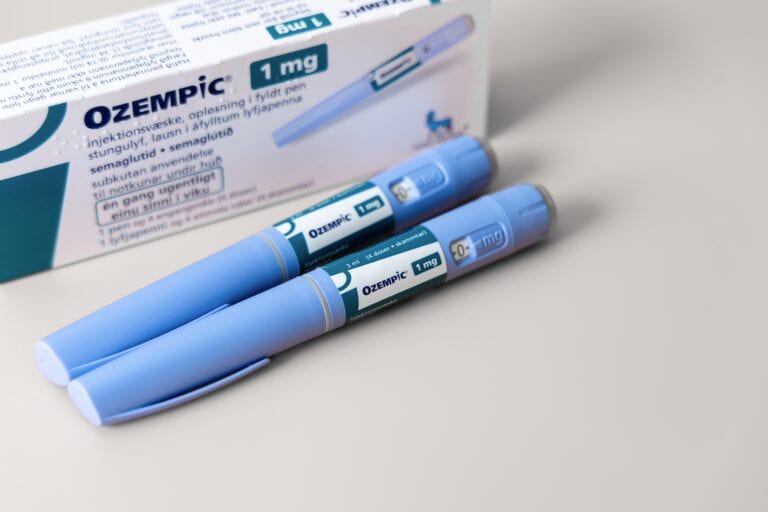Dementia is an umbrella term for a myriad of degenerative brain diseases that cause progressive memory loss, diminished thinking and problem-solving skills, and physical impairment.
The most common risk factor for dementia is aging, with well over 50% of cases around the world occurring in those over 65. As the average lifespan gets longer, dementia will become an even greater problem for healthcare systems, families, and caregivers.
The World Health Association reports that there are currently over 55 million people worldwide suffering with dementia, with an expectation of 10 million new cases every year. In the United States, there are over 6 million people with Alzheimer’s Disease, the most common form of dementia.
According to the Alzheimer’s Association, the cost of care to the U.S. for Alzheimer’s disease and other dementia illnesses is $345 BILLION , and is expected to rise to $1 TRILLION by 2050.
Dementia kills more people than breast or prostate cancer. So here is what you need to know.
Table of Contents
ToggleSigns And Symptoms Of Dementia
Everyone has those moments when you forget where you put your car keys or why you came in to the kitchen. The stress of daily life can make your brain preoccupied with multiple things at once, so those kind of memory lapses are normal.
But repeated memory lapses, particularly with familiar or routine things, can be an early sign of dementia:
- Forgetting where you live
- Forgetting a loved one’s name
- Forgetting how to initiate or finish a common task like paying bills.
Other signs include change in motor skills and balance, problems with speech and comprehension, and poor judgement or decision-making.
Many people with early dementia will try to mask these episodes, either by joking about them or getting angry at anyone who points it out.
Risk Factors For Dementia
As mentioned, AGE is the most common risk factor for developing dementia, with the majority of cases being in people over 65. Here are some other risk factors:
Family History
If you have a parent or sibling with dementia, your risk is increased. There are genetic tests that are available but still not entirely predictive as to whether you will develop the disease.
Race
The African American community has almost twice the risk of developing dementia than Caucasians, and Hispanics about 1.5 times the risk. Whether these rates are related to some of the other risk factors in the list is still unclear.
Heart Disease
High blood pressure and elevated cholesterol seem to increase the risk, possibly due to the destructive effects on arteries and circulation in the brain.
Smoking
No surprise that smoking would be implicated since it has been shown to be linked to heart disease, emphysema, as well as cancer. It is well known that smoking significantly affects the binding of oxygen in the blood which may affect the health of the brain.
Brain Injury
Head trauma, especially if repeated, is a possible cause of dementia, especially under 65. Sports like football, soccer, and boxing are notorious for causing concussions which can damage the brain, and repetitive injury increases the likelihood of permanent damage.
Causes Of Dementia
There are several known diseases that can cause dementia, and they all have, to various degrees, memory, cognitive impairment, and even physical disability in common .
Alzheimer’s Disease
This is by far the most common cause of dementia, accounting for 60-80% of cases. While the mechanism of brain damage is not fully understood, it is related to the buildup of abnormal proteins called amyloid and tau. These proteins form tangles both inside and outside of the brain cells (neurons) gradually causing cell death and brain atrophy.

Sadly it remains a progressive, incurable disease in which sufferers can live anywhere from 5 to 20 years after diagnosis.
But thanks to organizations like the Alzheimer’s Association, significant research breakthroughs continue to give hope that one day a cure will be found. in the meantime, medications have been developed to slow the progression of the disease, including the latest one called Lecanemab, that recently received the FDA panel approval and hopefully full regulatory approval in the coming months.
Lewy Body Dementia
This is the second most common form of dementia and occurs because of abnormal protein deposits called Lewy bodies. These bodies appear on nerves in the brain that control vital functions like memory and movement, and patients can have visual hallucinations, muscle rigidity and balance problems, insomnia, and depression. Most dementias are diagnosed based on symptoms and behaviors, but imaging studies can help identify the Lewy bodies.
Vascular Dementia
Vascular dementia is caused by impaired blood flow to the brain. This can occur because of a stroke, diabetes, smoking, and as mentioned, heart disease. Treating these diseases can prevent or slow progression of this type of dementia, and some of the Alzheimer’s disease medications have shown some benefit in the treatment of vascular dementia.
Fronto-Temporal Dementia
Recently, fronto-temporal dementia (FTD) started trending because actor Bruce Willis’ family announced that he was suffering from it. This type of dementia occurs more frequently in younger people, usually between ages 40 and 65, but can affect older age groups as well. The disease affects the temporal and frontal areas of the brain that control personality, language, and behavior.

The disease varies in its presentation, and can start with difficulties speaking or processing conversation, behavior changes like apathy or aggressiveness, and motor movement changes, similar to Parkinson’s disease, with tremors, spasms, or weakness.
There is no cure for FTD. Medications are used to control the symptoms, such as anti-psychotics or anti-depressants.
Treatment For Dementia
Dementia has been a difficult disease state to properly diagnose and treat. While the root causes are beginning to be better understood, the mechanisms of how abnormal proteins form, how they act on the brain cells, and why they accumulate is still not clear.
Research is ongoing into the nature of these destructive proteins and how to predict people that are vulnerable or likely to develop this disease. Studies are being done into better diagnostic tools, such as blood and spinal fluid markers, imaging tests like MRI and PET scans, and ultimately for treatments that not only slow or stop disease progression, but also prevent the disease entirely.
Caring For A Loved One With Dementia
Caring for a loved one with dementia is a long-term commitment, as most patients have a long and ever-changing journey as the disease progresses to the end. In the earlier stages, when patients are still communicative, responsive, and physically capable, many types of activities can help stabilize the disease and provide satisfaction, joy, and meaning to their lives.
Art and music are often very stimulating, and in many cases, talents previously unrecognized, are revealed.
Walking and other forms of exercise help both in mental well-being and physical strength for more independence. This can be coupled with social interactions with friends and family, and participation in activity groups to widen the loved one’s social circle.
Maintaining a healthy diet is also critical to mitigate the progression of the disease. That includes fruits and vegetables, lean meats and fish, and avoiding sugar, fats, red meat, and alcohol.
Caregiver, Take Care
Caregiving for a loved one with dementia can be hazardous to your own health. While most of us do it out of love and not obligation, caregiving is stressful and at times agonizing. Studies have shown an increased risk of heart disease, stroke, and depression in caregivers that continues even after the caregiving has ended. Studies have calculated that intense caregiving can shorten your life by as much as 8 years!
There should be no guilt or shame seeking help to care for a loved one dealing with the disease. Making time for yourself to be with family and friends, to socialize and travel, to read and contemplate, will help to keep you healthy and able to take care of your loved one. And there comes a time when 24 hour nursing home care is the only safe alternative to care for that patient with more advanced dementia. Caregivers must accept that for the well-being of their loved one and themselves.
Be Proactive
Dementia is not inevitable for most of us. But for whom the bell tolls we know not. So stay active, eat healthy, be social, and see your health care provider regularly. And give to organizations like the Alzheimer’s Association, the largest non-profit funder of Alzheimer’s research, to promote awareness and find a cure.














